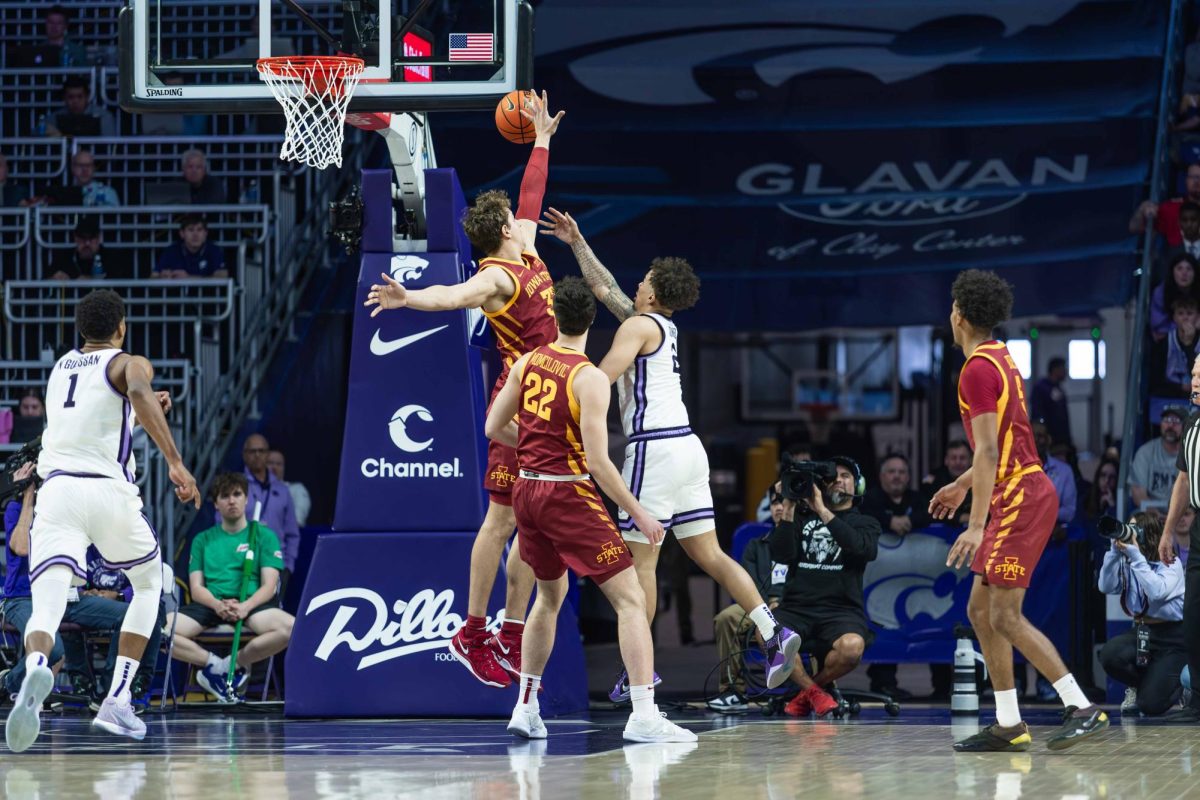Orientation Guide: Student Financial Help
Beardshear Hall from Central Campus on Sept. 19 2019.
April 12, 2019
One of the biggest concerns college students have when they enter college is how they will pay for it. With tuition costs rising over the years, scholarships, grants and loans are an essential part of the college experience.
Fortunately, there are resources that the university provides to help students.
Anyone who wants help with budgeting, spending, loans and debt issues can go to the Student Loan Education Office. It is located in Beardshear Hall. Whether it is in person or online, the office has resources and advice for students of all levels. Here are some resources and helpful tips on how to get a hold of your financial situation at college.
Grants and scholarships
Students can obtain federal grants through the Free Application for Student Aid (FAFSA). The FAFSA uses your household income, assets and family size, among other factors, to determine your “expected family contribution.” The expected family contribution is then subtracted from the estimated cost of attendance to determine how much need-based aid a student can receive from federal funds.
Students can also apply for scholarships through private funders or Iowa State’s own OneApp. OneApp helps students apply for university-wide as well as department-specific scholarships all in one application.
Loans
One of the most important things you will want to understand while in college is your loan situation. Broadly speaking, there are two types of loans students can receive: federal and private.
Federal loans are funded by the U.S. Department of Education and require the FAFSA to be filled out. According to the loan education office, the FAFSA is the only application that is required for the Federal Direct Subsidized and Unsubsidized Loans.
The main difference between the two is that the subsidized loan does not require students to pay interest while they are in college. This type of loan is administered to students who are less able to start paying loans early.
The alternative to federal loans are those that come from a private entity. A common source of private loans are banks or credit unions.
The loan office advises students to use all federal aid funding before private loans because they are more flexible and have better interest rates. If a loan turns out to be too demanding and interest is too high, some unwanted financial trouble could ensue.
Credit
Another goal of the student aid office is to help students understand the importance of their credit scores.
Because credit is one of the things that impacts students early in life, the Student Loan Education Office is trying to get students to understand how to find their credit score, how it works and ways to monitor it.
Jennifer Schroeder, the program coordinator of financial education, said she wants students to come in and talk about how students can improve and maintain their financial well-being while at Iowa State.
“The most prevalent thing is not understanding the process or feeling intimidated by it,” Schroeder said.
Her concern is that many parents take care of all the finances without getting the student involved. To incentivize students to come in the door, the Student Loan Education Office is offering the “Live Like a Student” award.
The prize is $2,500, which can be deducted from a student’s tuition. One winner is selected from each grade level every semester. To be entered for a chance to win, students simply have to show up for an appointment to talk about their financial concerns.
Schroeder wants to make sure that students are involved in their finances and are ready for every upcoming year of college.
What have you got to lose? Stop in and talk. You might just save some money.







